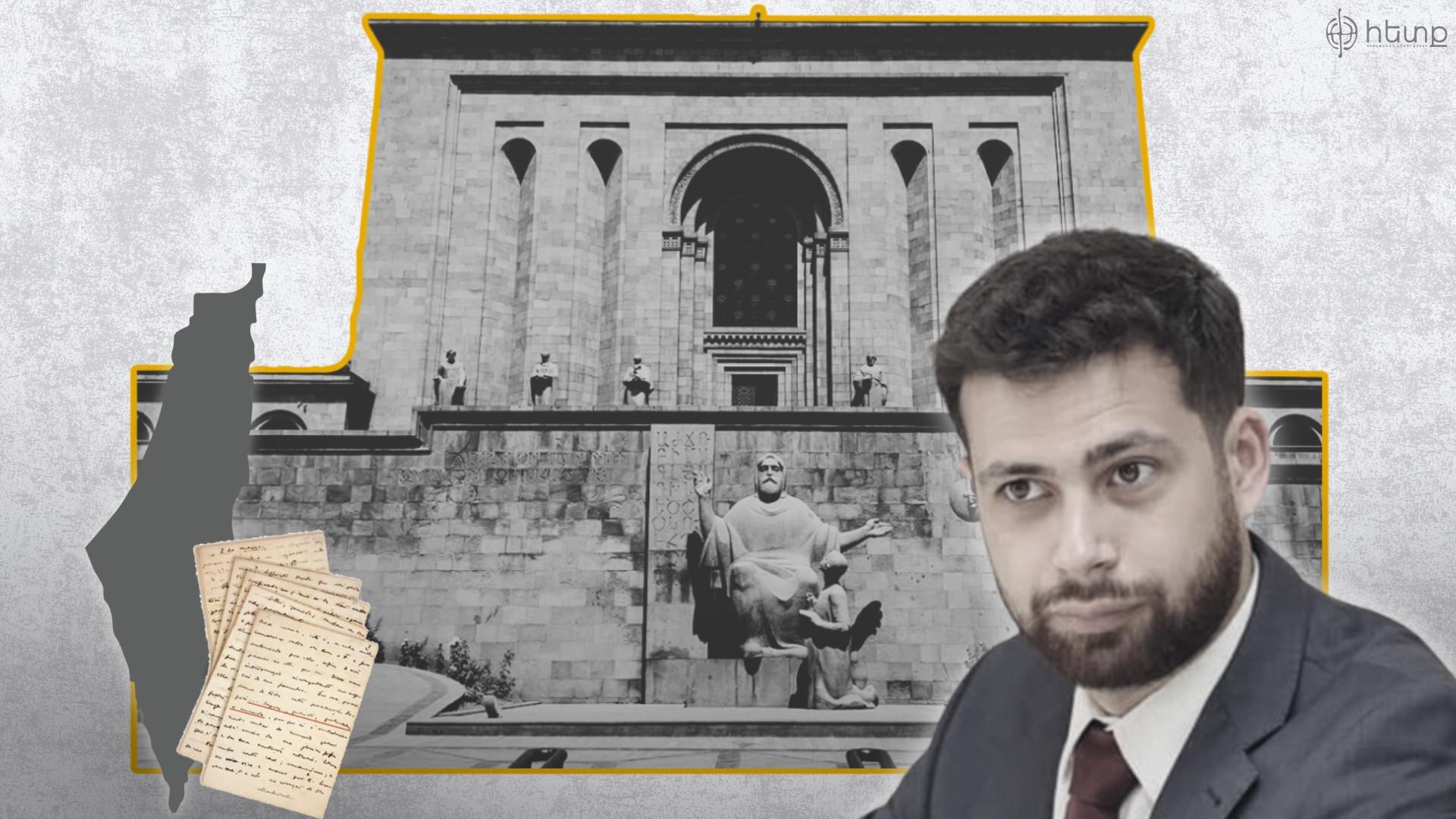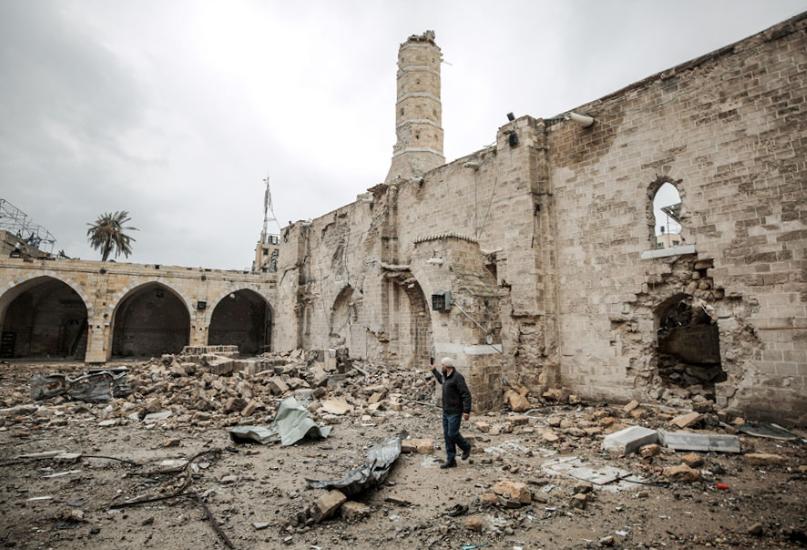
Nothing Official Yet on Bringing Palestinian Manuscripts to Armenia for Safekeeping
Armenian Deputy Foreign Minister Vahan Kostanyan, during a July 29 speech at a at the UN Headquarters in New York on the Israel-Palestine conflict, announced that Yerevan’s Matenadaran (the Mesrop Mashtots Research Institute of Ancient Manuscripts) will temporarily house endangered Palestinian cultural artifacts.
The institute’s PR department, responding to a Hetq inquiry, noted that it still has no official information about which manuscripts Kostanyan was referring to, where they will be brought from, and when the process will begin.
It is expected that a meeting will soon be held with Armenian Ministry of Foreign Affairs officials to discuss the details of the project and the mechanisms for its implementation. Thus, it is still unknown whether an official memorandum or other document will be signed regarding this initiative, and under what conditions.
Hetq also contacted the foreign ministry for details.
The ministry’s response, however, was quite vague. The ministry noted that the project will focus on the manuscripts of Palestinian written heritage, which will be transported to Armenia for restoration and preservation. The Matenadaran’s long-standing experience in the preservation and restoration of manuscripts will be used in this process. As to when such manuscripts will be sent to Armenia and at what cost, the ministry would only say that “a draft legal document aimed at implementing the project is under development.”
Given this official ambiguity on the project, Hetq did some digging to ascertain what manuscripts, and from which museums and libraries, can be brought to Armenia.
The Khalid Library in Jerusalem is the largest private collection of Islamic manuscripts in Palestine and one of the largest family libraries in the world. The library says it houses more than 2,000 manuscripts covering several fields, from jurisprudence to natural sciences and literature. The oldest manuscripts dates to 1027 AD. The museum is far from Gaza and was not directly affected by the war.
Al Jazeera reports that the library of the Great Mosque of Omar in Gaza, founded in the 7th century, was completely destroyed in an Israeli airstrike on December 8, 2023.
The library's rare manuscripts no longer exist, but digital versions are available.
A preliminary report issued in February 2024 by Librarians and Archivists in Solidarity with Palestine (“Israeli Damage to Archives, Libraries, and Museums in Gaza, October 2023–January 2024”) warns of the enormous damage to the cultural heritage of the Gaza Strip. The loss of written heritage is particularly great. The report notes that the central archives of Gaza City, evidence of Gaza’s 150-year history, were destroyed by direct Israeli shelling and subsequent fires.
The report mentions the destruction of numerous other Gaza university libraries and museums.
Hetq has also sent inquiries to the Palestinian Ministry of Culture and the office of PM Pashinyan to clarify details of the initiative. We will provide them if received.
Photos: nytimes.com
 Videos
Videos Photos
Photos

Write a comment